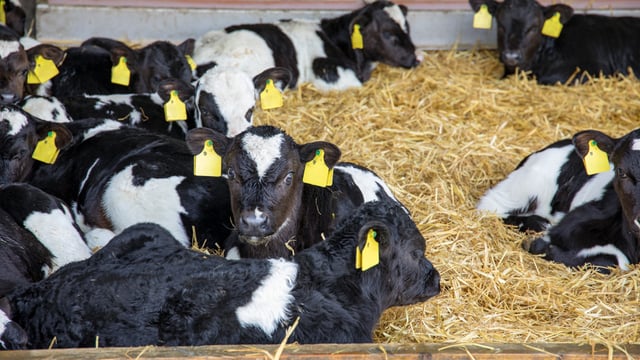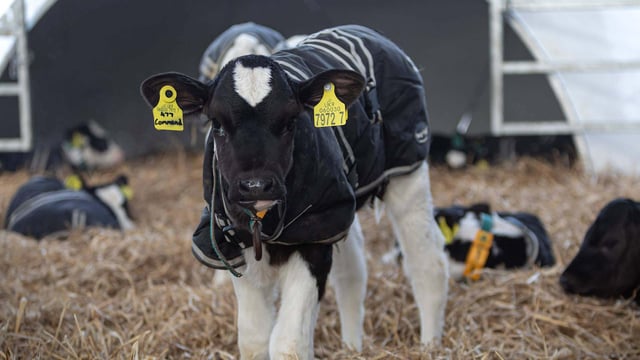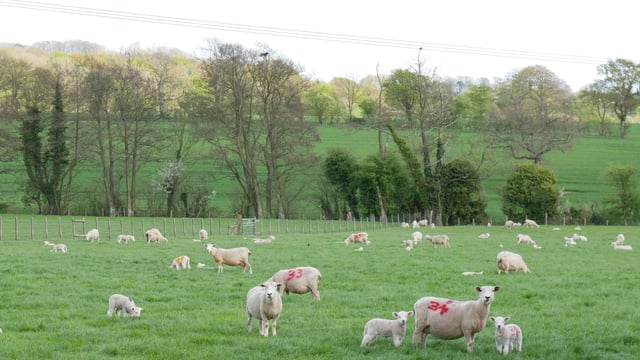Heydon welcomes govt approval of DAFM's climate adaptation plan
Minister for Agriculture, Food and the Marine Martin Heydon has welcomed the government's decision to approve a climate change adaptation plan for the agri-food sector.
The minister said the approval of the Agriculture, Forestry and Seafood Climate Change Sectoral Adaptation Plan 2025 is a "significant step in strengthening Ireland's preparedness for the impact of climate change".
Climate adaptation is the process of preparing for and responding to climate-related events such as flooding, rising temperatures, increased precipitation, fodder shortages, droughts and extreme storms.
The Department of Agriculture, Food and the Marine (DAFM)'s plan forms part of Ireland's National Adaptation Framework.
Minister Heydon said: "Agriculture, forestry and the marine are at the forefront of climate impacts, and the events of recent years including Storm Éowyn and the challenge of avian influenza have shown the urgent need for climate resilient systems.
"Adaptation is about protecting livelihoods, safeguarding our natural resources, and ensuring that Ireland’s primary sectors can continue to thrive in a changing climate," the minister added.
According to the department, the adaptation plan sets out a strategy to build resilience and reduce vulnerability to climate change across the relevant sectors.
It identifies climate risks facing primary production systems and outlines priority adaptation actions.
Some of the climate change impacts cited by the department include:
- Storm Éowyn - 26,000ha of forestry damaged due to high winds and windthrow;
- Rising temperatures and heat stress - affecting animal welfare, productivity and grass growth;
- Flooding events - impacting farmland, infrastructure, and transport networks;
- Prolonged droughts and fodder shortages - affecting crops, livestock health and productivity.
The department said that the adaptation plan sets out practical measures to support preparedness, including actions in soil and water management, forest diversification, animal and plant health, coastal protection and aquaculture adaptation.
Increases in extreme winds were identified as a hazard across all three sectors. In the agriculture sector, extreme winds could result in damage and loss of horticulture buildings and other infrastructure.
Adaptive measures outlined in the plan include improved structural design of horticultural buildings, government and EU funding programmes such as the Agri-Climate Rural Environment Scheme (ACRES) and the Targeted Agricultural Modernisation Schemes (TAMS) which provide funding for farmers to improve infrastructure.
Minister Heydon said: "In addition to reducing emissions, we must ensure that our food production systems are resilient and capable of adapting to future climate risks. The actions outlined in this plan will help ensure that our sectors remain sustainable and competitive in the years ahead.
"The Agriculture, Forestry and Seafood Sectoral Adaptation Plan 2025 represents an important next step in building a strong, sustainable and climate resilient sector, well placed to meet the challenges and opportunities presented by our changing climate," the minister added.











